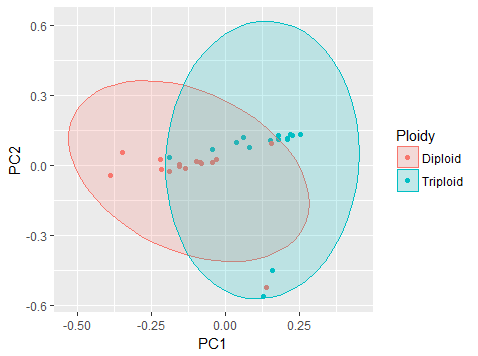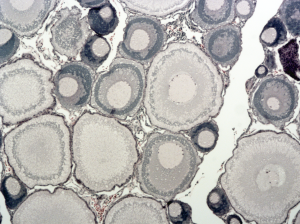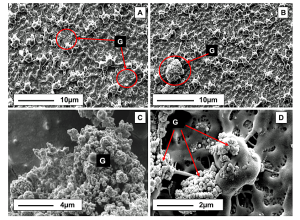From the very begining I have held a fascination with aquatic ecosystems so it was only natural that I carry this interest on into my professional life. Born in Scotland and educated at University of Glasgow. After finishing my PhD I moved to Austria where I worked in the University of Vienna, WasserCluster Research Institute as a Post Doc in the LipTox group of Dr. Martin Kainz. After finishing this work I successfully obtained a research fellowship at the Leibniz Institute of Freshwater Ecology and Inland Fisheries in Berlin, where I investigated the effect of stress on fatty acid . Currently I am working at the University of East Anglia with Prof. Matt Gage to improve the sustainability of the aquaculture industry and help mitigate its impact on the aquatic environment.
Sustainable Aquaculture
The population of the planet is an estimated 7 billion people and is predicted to rise to approximately 10 billion by 2015. During this period, providing relatively cheap but highly nutritous food items to support the planet will become increasing important. Fish are an excellent source of protein, lipids, fatty acids and carbohydrates and the aquaculture industry ensures that these nutrients are available to consumers on a regular basis. Unfortunately the aquaculture industry is reaching its limits on production with significant bottlenecks regarding broodstock reproductive quality and sustainable feed manufacturing preventing the expansion of an i ndustry which will be required to feed 10 billion people in the next 30 years. My research within the Gage lab hopes to solve these bottleneck issues by examining the how techniques used by the aquaculture industry for decades effects gamete quality

Conservation Biology
Climate change and other anthropogenic influences are dramtically altering aquatic ecosystems. Consequently populations of fish and other aquatic organisms are unable to adapt quickly enough to cope with such drastic changes to their environment. In an effort to bolster declining populations, or re-introduce extinct species to aquatic ecosystems, re-stocking with captive raised fish is an important fisheries management practice. Conservation programs for re-stocking wild fish use aquaculture based methods for extracting and storing gametes from wild caught fish. Our current research, under the supervision of Prof. Gage seeks to understand the consequences of rearing wild fish using techniques pioneered by the aquaculture industry.

Phenotypic Plasticity
Although phenotypic plasticity has had a long history in evolutionary biology, its significance within evolutionary theory remains controversial. One of the central tenets of evolutionary biology is that phenotypic change wrought by the environment does not influence the genes that individuals transmit to their offspring. Therefore many evolutionary biologists have stated that plasticity has no relevance to the evolutionary process, other than to impede it by dampening the effects of selection. Alternatively many advocates of plasticity have refuted this stance and maintain that plasticity is an essential process during incipient speciation. Theoretical models have been forwarded regarding how and when plasticity may interact with evolutionary process; however many of the mechanisms which corroborate these models remain to be elucidated. My previous and future research themes seek to identify phenotypic populations and investigate the mechanisms which drive plasticity within an evolutionary context.

